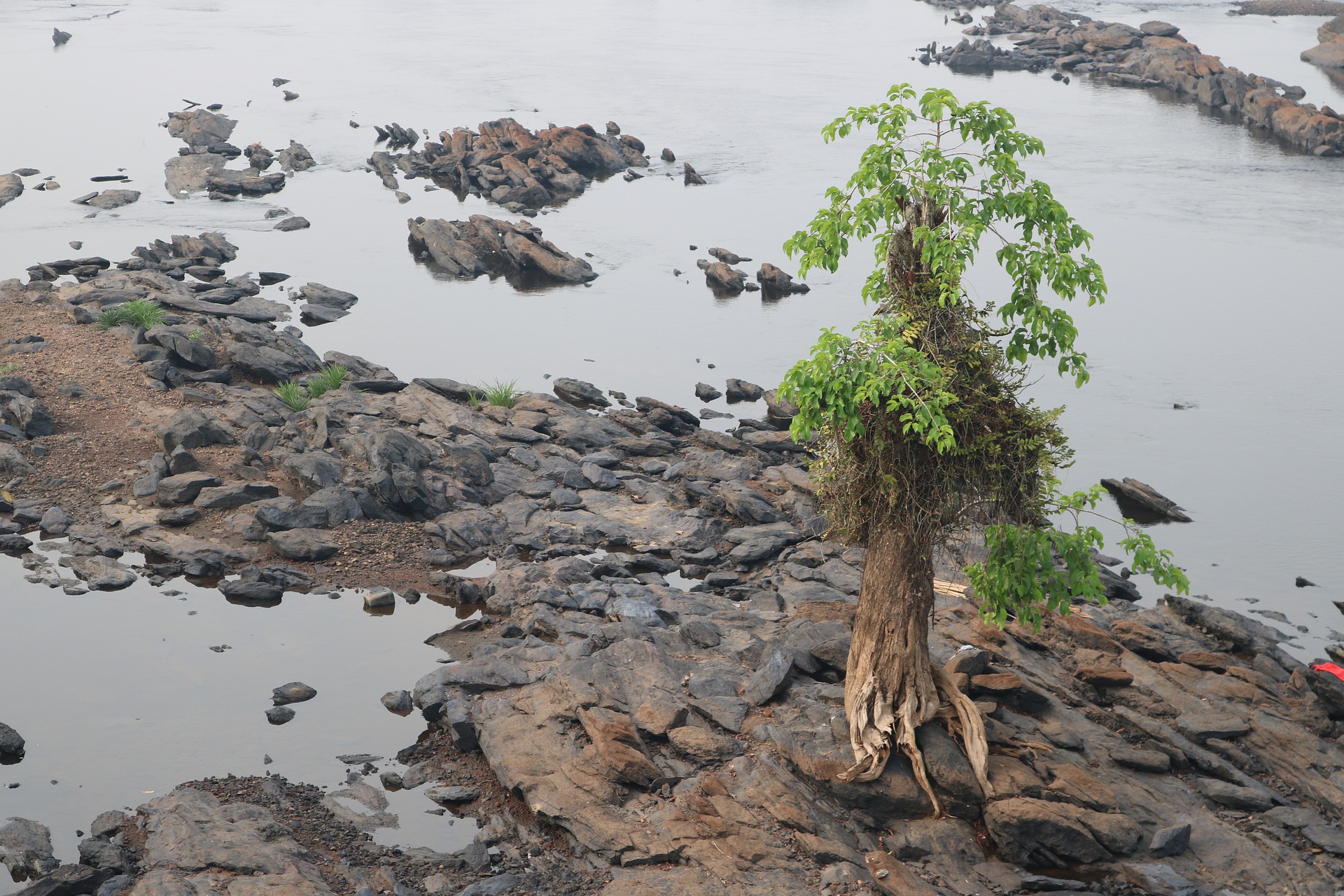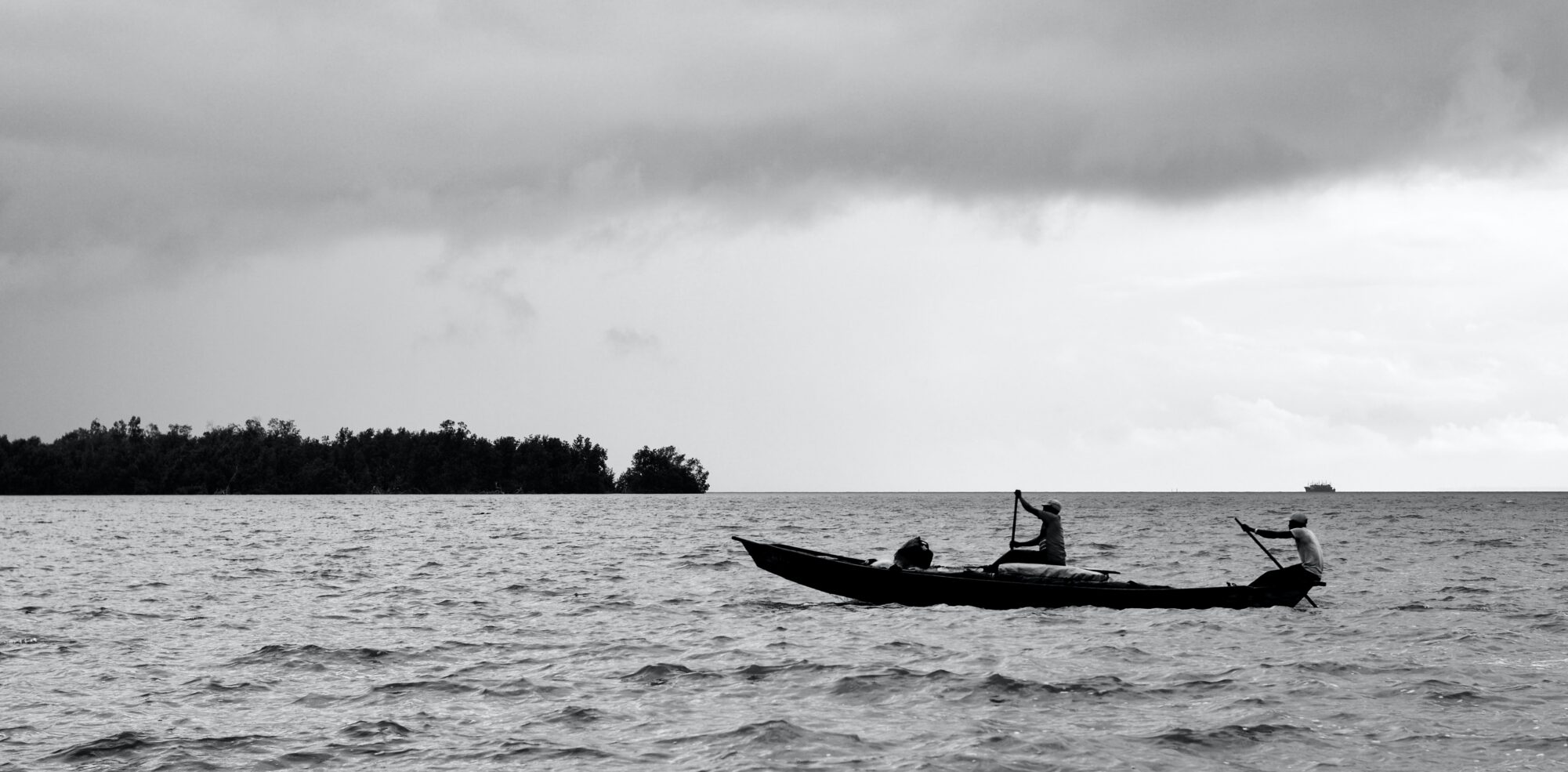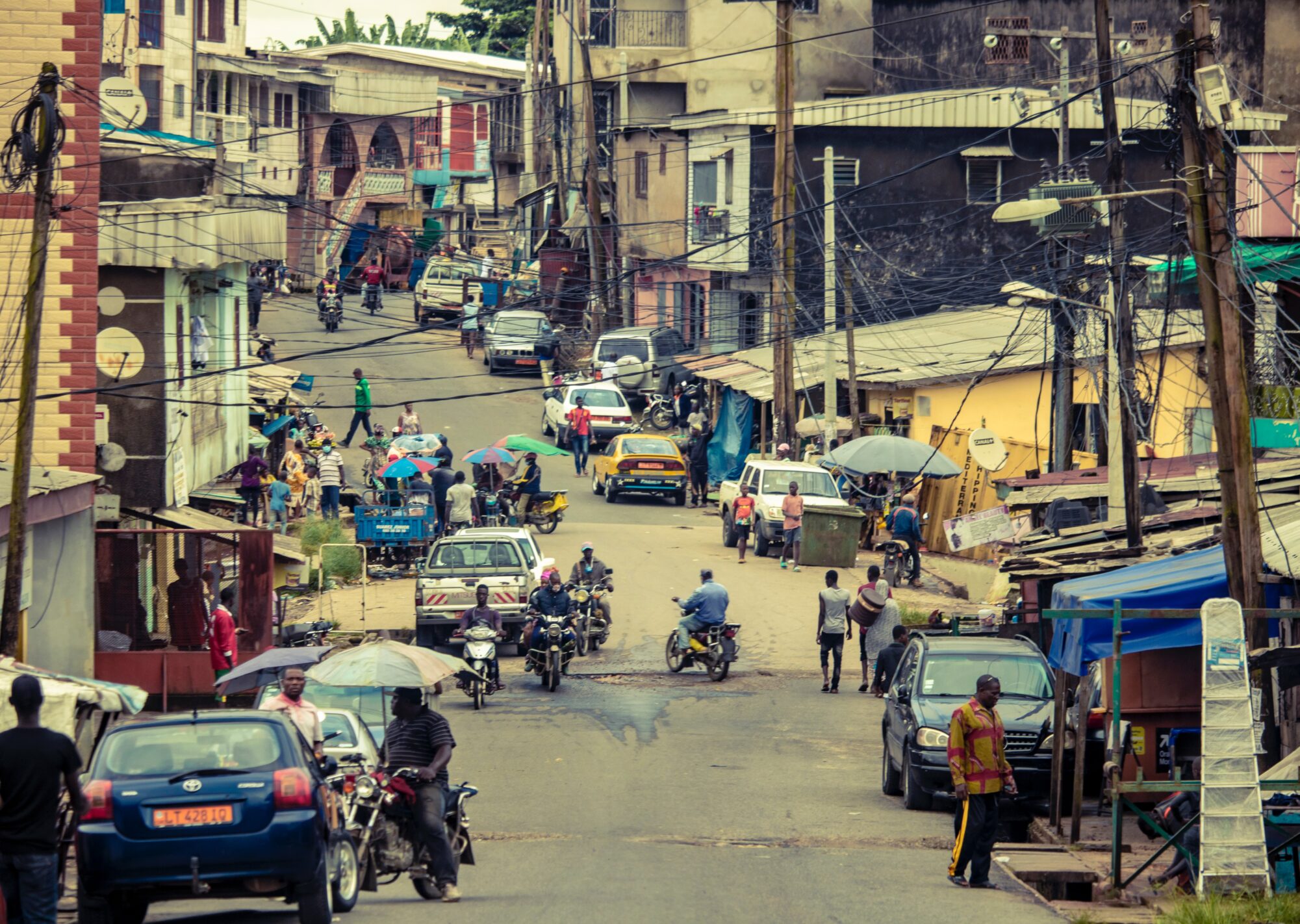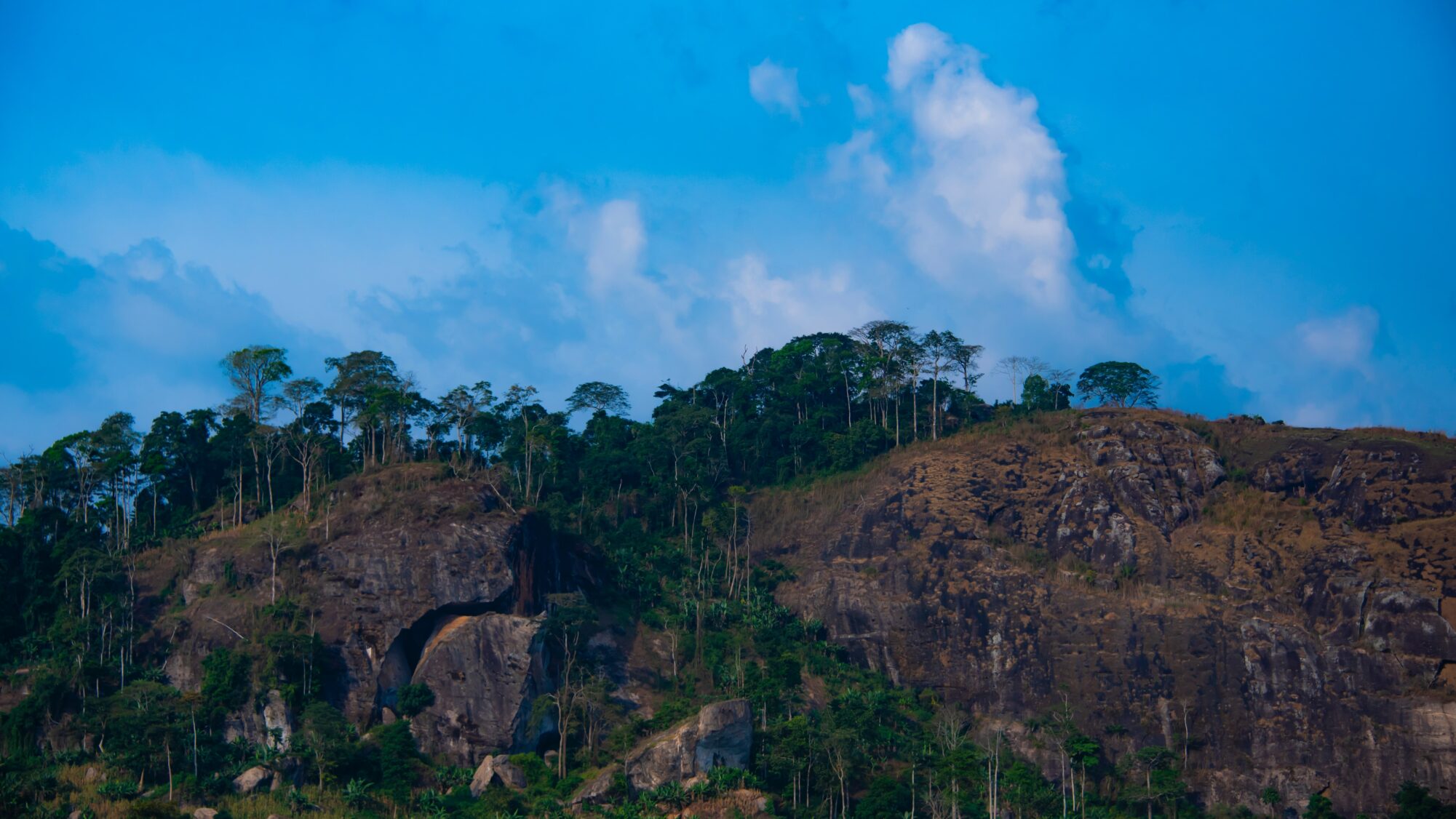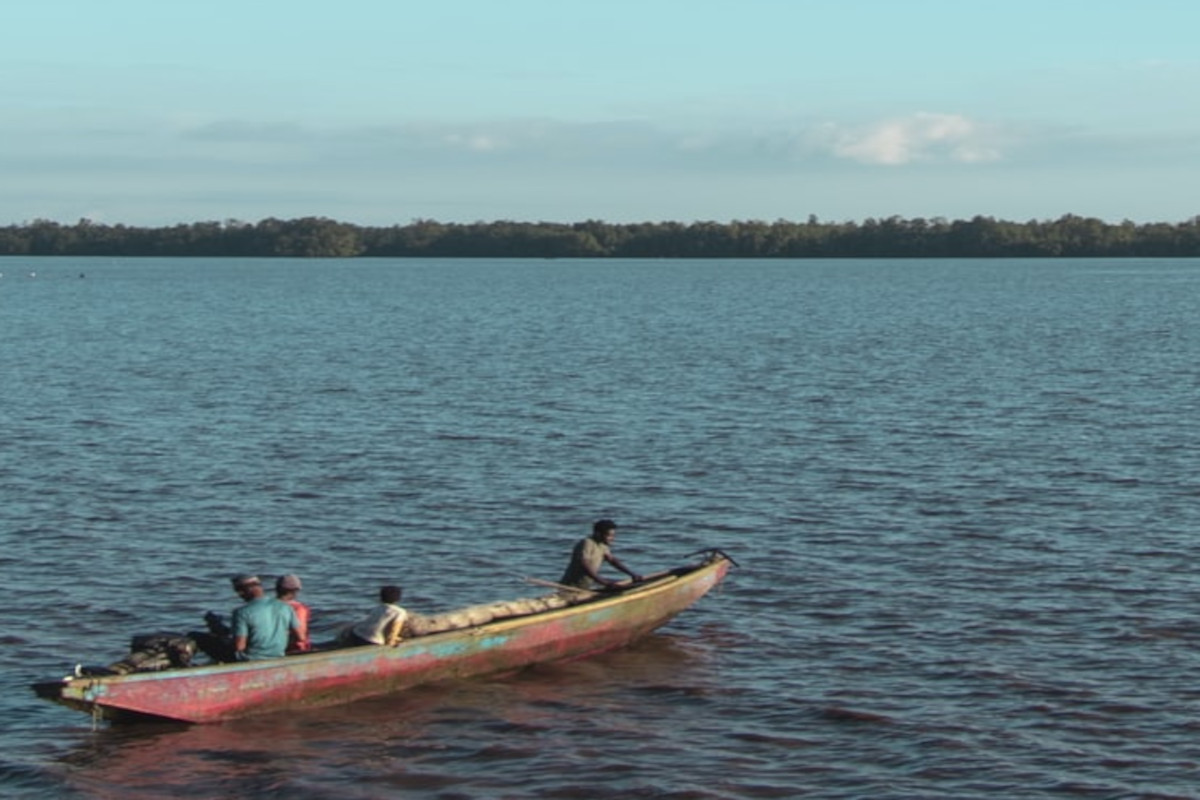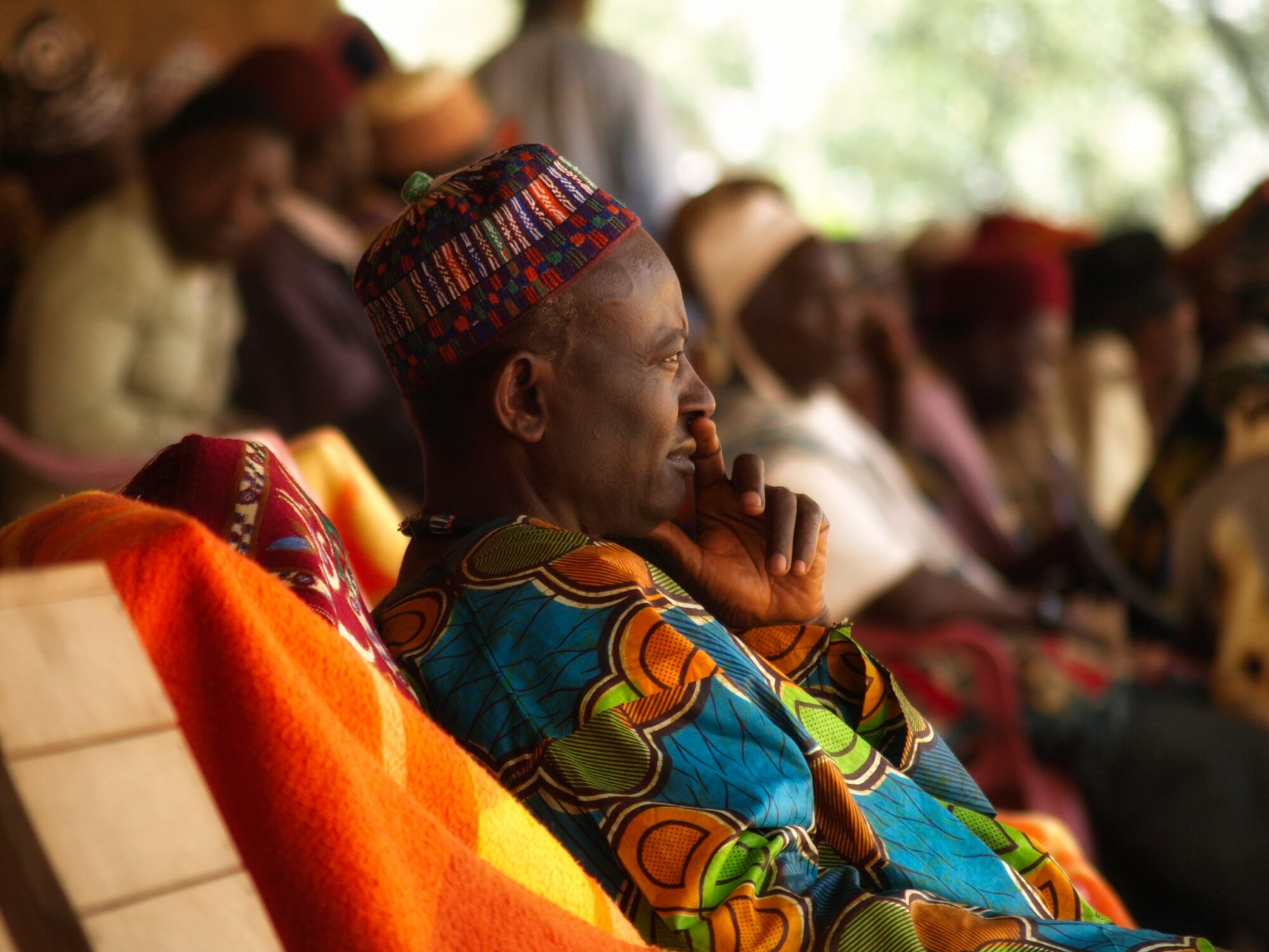Travel tips for Cameroon
Top 5 Experiences
The small country Cameroon gathers everything that Africa has to offer: dense rainforests, volcanic mountain massifs with sparkling crater lakes, wide savannas where African wild animals live and paradise beaches. Hence it is nicknamed „Africa in Miniature“.

Landscape
Mont Cameroun is not only the highest mountain at 4,070m in West and Central Africa but also an active volcano. The surrounding crater lakes and mountain regions, which are among the richest in species in the world, invite to go on trekking tours. Tropical rainforests are in strong contrast to the semi-deserts, thorn-bush steppes and savannahs that cover the country. The northern tip of the country is located in the Sahel zone, the transition from the Sahara to the wet savannah.

Safari
The country offers habitat for countless animal species. For safaris, the well accessible national parks Waza and Boubandjida next to the Mayo Lidi river or the Dja wildlife reserve are recommended. A rainforest safari in the national park Campo Ma’an, in whose pristine landscape 1,500 plants grow, or Lobéké, the heart of the Sangha Tri National Park offers great adventures. Encounters with forest elephants and gorillas cannot be ruled out in the forest clearings.

Culture
The culture of Cameroon stands out as well due to its particular diversity. Over 200 tribes with different languages and religions live here. The Kirdi receive their visitors in fortress-like round huts in the Mandara Mountains. The Koma with their special ancestral and death culture live in the hidden mountainous region Alantika. The pygmy peoples in the tropical rainforest are proud to pass on their extensive knowledge of nature and wildlife to visitors.

Cities and villages
It is impressive that the state capital Yaoundé – similar to Rome – was built on seven hills. Therefore, the view changes when strolling from one colorful market to the next. The German, French and British influences from the past can still be seen in the various regions today. The fishing villages Kribi and Ebodje present the past with their architecture and historic bulidings as well as the nowaday’s life and culture of Cameroonians.

Coast
The Bay of Cameroon is located at the Gulf of Guinea and is home to dense mangrove forests and paradisiacal, wide sandy beaches. The seaside resort of Kribi, which is surrounded by the most beautiful sandy beaches in the country, is particularly recommended. Only 8 km away one can find the 30m high and 100m wide Lobé waterfalls, which fall directly into the sea. On the beaches of Ebodje between November and January sea turtles lay and hatch their eggs.
Tourist infrastructure
Although Cameroon has a large road network, the condition is poor. The railway connections are rather unreliable and the use of intercity buses is not recommended. It is recommended to book certified transportation when traveling in the country. Taxis are available in the larger cities.
Average overnight accommodations of various categories can be found in the cities. Outside the cities, standards are simpler and options are limited. However, there are various camps and huts in the national parks.
Climate and travel season
In the south, at the coast and near the equatorial band, there is a hot and humid tropical climate all year round with an average temperature of 25 ° C. It is best to travel in the dry season to avoid heavy rainfall. In the south it lasts from December to March. In the north, which is located in the Sahel zone, there is a warm semi-desert climate. It is best to travel between October and March. The highlands, on the other hand, are cooler and it rains more. The climate around Mont Cameroun is equatorially hot and humid with high humidity, the region is one of the rainiest in the world. The period from November to early June is best for hiking there. At the top of Mont Cameroun there is an alpine climate all year round.
Visa and entry
Germans, Austrians and Swiss require a passport and a visa to enter Cameroon. The passport must be valid for at least six more months and contain at least one free page to stamp. The visa can be applied for at the embassies or honorary consulates in the particular countries. A visa for a stay of up to 3 months costs 160 € and up to 6 months 185 €. Everyone arriving by plane must be able to show a return ticket.
Since the regulations can change at any time, all information are non-binding and without guarantee. Please observe the visa regulations and the current information of the Federal Foreign Office / Federal Ministry European and International Affaires / Federal Department of Foreign Affaires at all times.
Impressions from Cameroon
(Click to enlarge)
Stories
International Hotel Chains Are Driving the Hotel Boom in Africa
Frankfurt, 03 April 2024 - The "Big 5" of global hotel chains - Accor, Hilton, IHG, Marriott International and Radisson ...
Internationale Hotelketten treiben den Hotelboom in Afrika voran
ReThinking Africa Initiative setzt sich für Investitionen in Afrikas Tourismuswirtschaft ein Frankfurt, 03. April 2024. Die „Big 5“ der globalen Hotelketten ...
Voice4Africa x ReThinking Africa News March
KLEBER Group x ReThinking Africa News March 2024 Content Foreword Investment in Africa's tourism industry as a driver for sustainable ...
Our partners for Cameroon
General updates
Current accessibility
Corona precautionary measures
Status: 27.10.2021


